Tag: constitutional amendment
-
Over the past two weeks, constitutional amendments were certified in Colorado and Wisconsin, and signatures were submitted for initiatives in Maine and Oklahoma

As of Feb. 4, 65 statewide measures have been certified for the ballot in 32 states, eight more measures than the average number certified at this point in other even-numbered years over the past decade (2014 to 2024). Here’s an update on the latest ballot measure activity during the past two weeks: One constitutional amendment,…
-
Virginia will be the fifth state to vote on a constitutional amendment repealing same-sex marriage ban
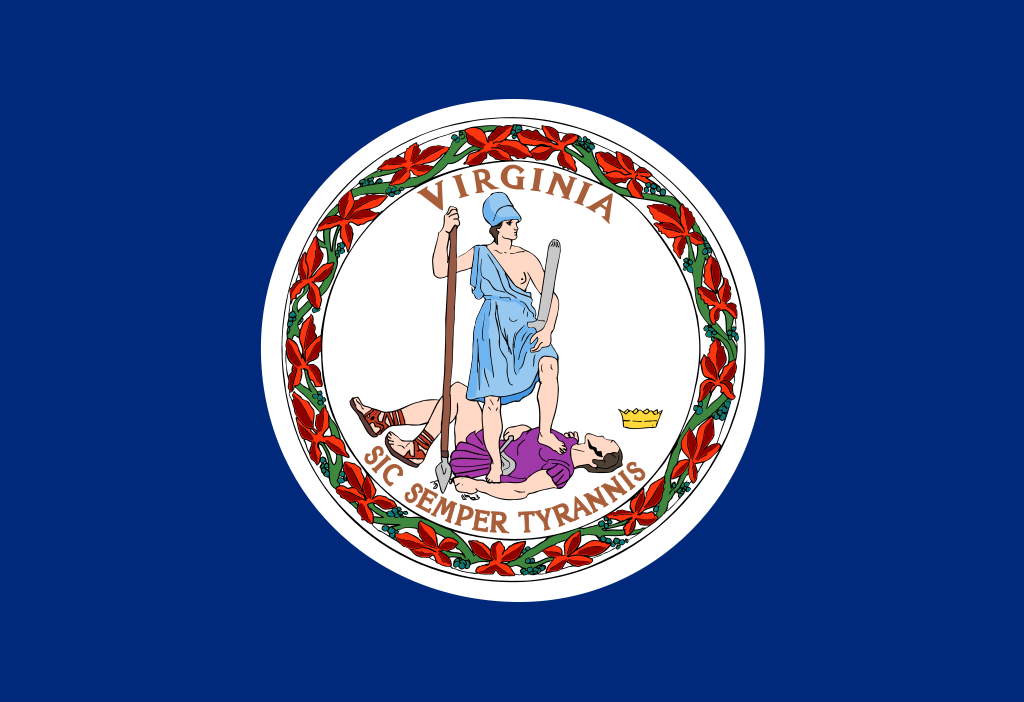
In Virginia, voters will decide on a constitutional amendment on Nov. 3, 2026, to repeal the provision defining marriage as between one man and one woman. It would also add new language prohibiting the state from denying marriage licenses to two adults based on sex, gender, or race. The Virginia General Assembly voted in two…
-
Nebraska voters have decided on almost four times the number of legislatively referred measures (296) as citizen initiatives (80) since 1860
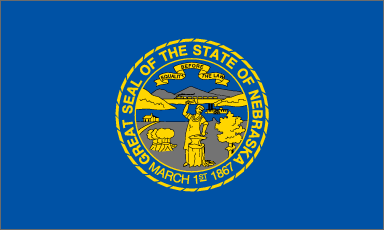
Since 1860, Nebraska voters have decided on 296 legislatively referred measures—nearly four times the number of citizen initiatives (80). Additionally, Nebraskans also decided on 48 constitutional convention referrals. Of the 424 total measures, 266 (63%) were approved, and 158 (37%) were defeated. Nebraska adopted the initiative process in 1912, with Amendment 1 approved by a…
-
Wisconsin Legislature places two constitutional amendments on the ballot, addressing emergency closure of places of worship and preferential treatment by government entities
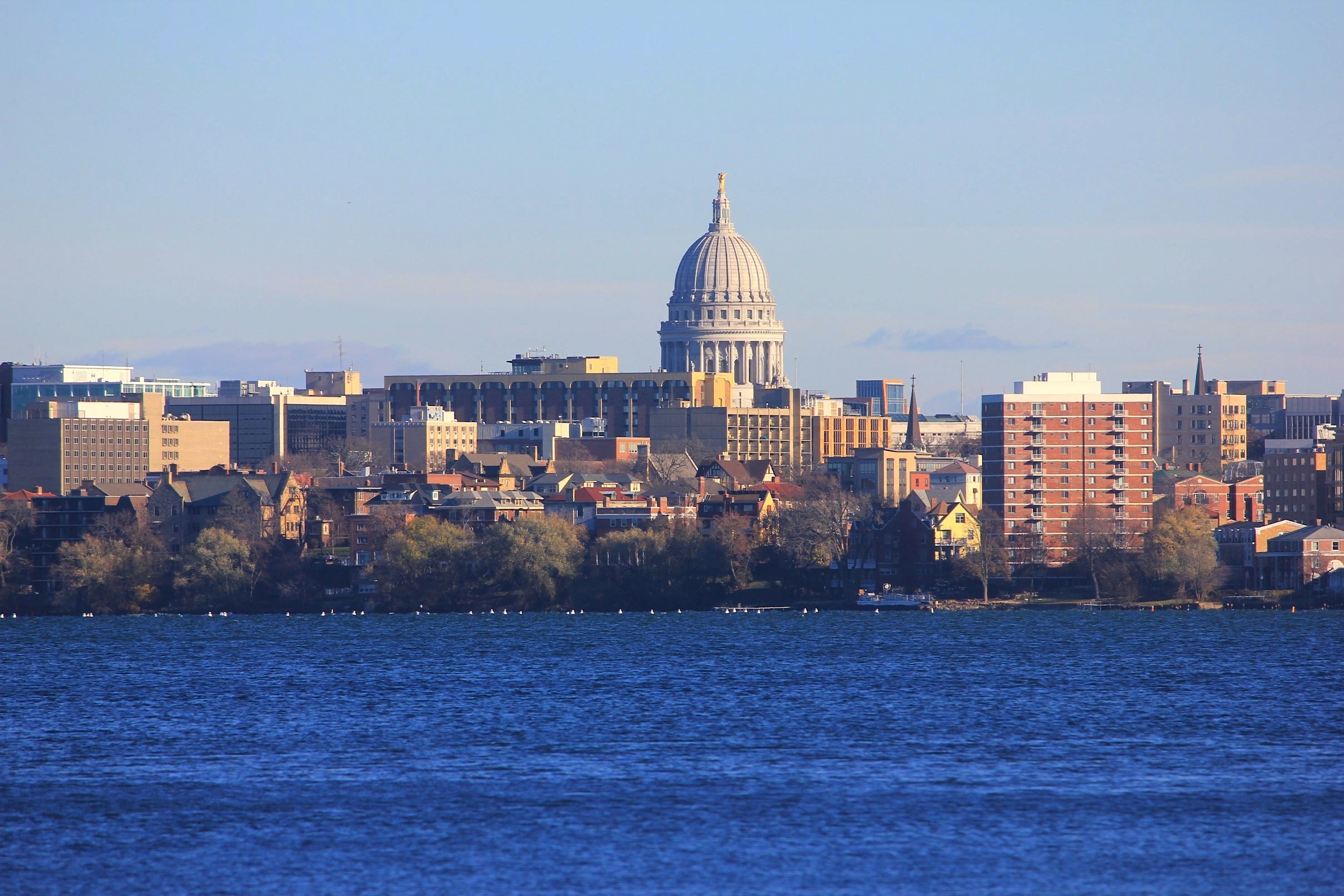
The Wisconsin State Legislature advanced two proposed constitutional amendments on Jan. 21, 2026, for the statewide general election ballot for Nov. 3, 2026. Both amendments were also approved during the previous legislative session. In Wisconsin, a proposed constitutional amendment must receive majority approval in each legislative chamber during two consecutive sessions before it can be…
-
Virginia voters will decide on automatically restoring voting rights for people convicted of a felony

On Nov. 3, Virginia voters will decide on a constitutional amendment that would automatically restore voting rights for people convicted of a felony after they complete their prison sentence. Virginia is one of 10 states that never automatically restores voting rights for individuals convicted of a felony. Instead, people must apply to the governor's office…
-
Voters in seven states decided on 26 constitutional amendments this year — above the average of 23 for odd-numbered year elections since 2011

In 2025, voters in California, Louisiana, New York, Ohio, Texas, Washington, and Wisconsin decided on 26 constitutional amendments sent to state ballots by their respective state legislatures. Voters approved 22 amendments and defeated four, all of which were in Louisiana. This year saw the second-highest number of amendments among odd-numbered years from 2011 to 2023,…
-
Under proposed supermajority rule, every Missouri ballot initiative since 2020 would have failed
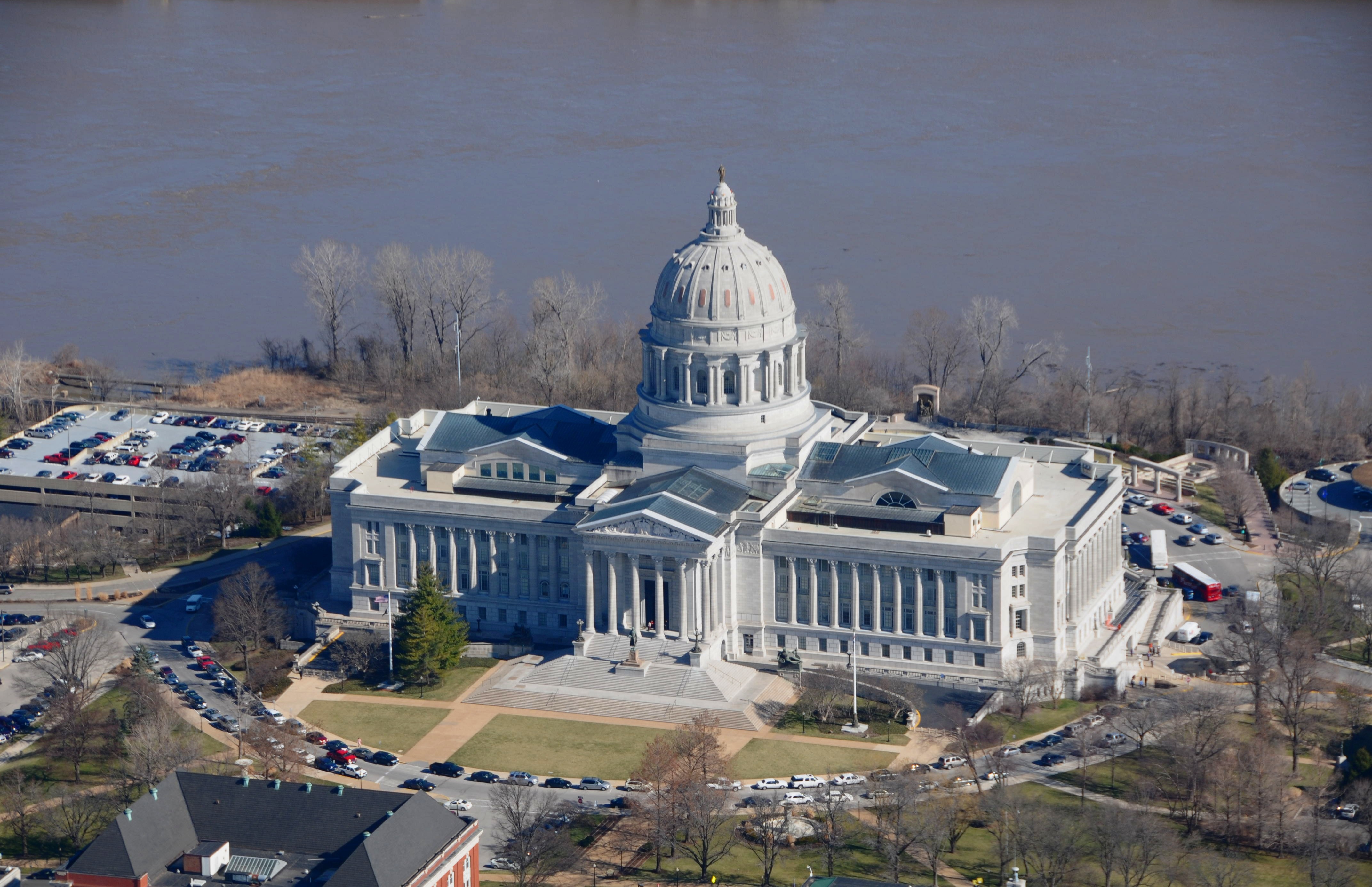
In 2026, Missouri voters will decide on a constitutional amendment, Amendment 4, to require voter approval of citizen-initiated constitutional amendments in each congressional district, rather than statewide. Amendment 4 was introduced by State Rep. Ed Lewis (R-6). It passed the House by 98–58 and passed the Senate by 21–11. In addition to the new supermajority…
-
Virginia 2025 House of Delegates elections could affect the outcome of three proposed constitutional amendments related to abortion, same-sex marriage, and voting
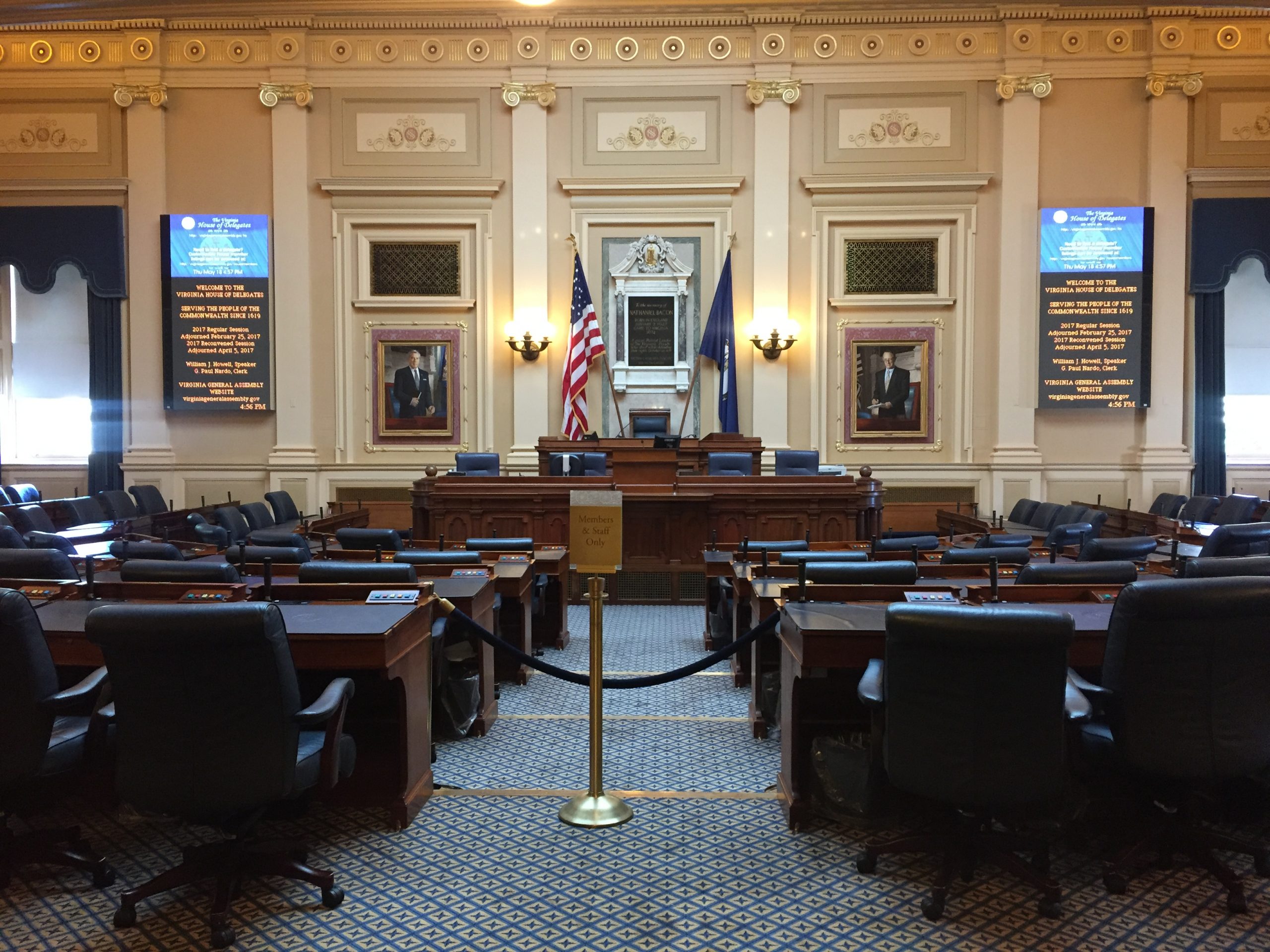
Virginia’s 2025 House of Delegates election could decide the fate of three proposed constitutional amendments. One would remove a constitutional ban on same-sex marriage, one would create a constitutional right to reproductive freedom, and one would allow persons convicted of felonies to vote following their release from incarceration. The constitutional amendment process in Virginia requires…
-
Ohio voters could decide same-sex marriage amendments in 2026
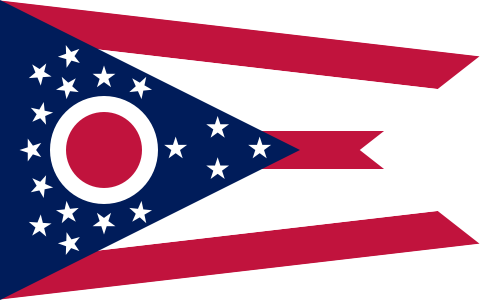
Two citizen initiatives in Ohio, which would amend the state constitution regarding same-sex marriage, were certified to circulate for signature-gathering in the state. If enough signatures are submitted, these amendments will be decided by voters in 2026. One initiative would repeal language in the Ohio Constitution defining marriage as between a man and a woman,…
-
Initiative sponsors in Massachusetts filed a total of 47 measures by the Aug. 6 deadline, the second most since 2012
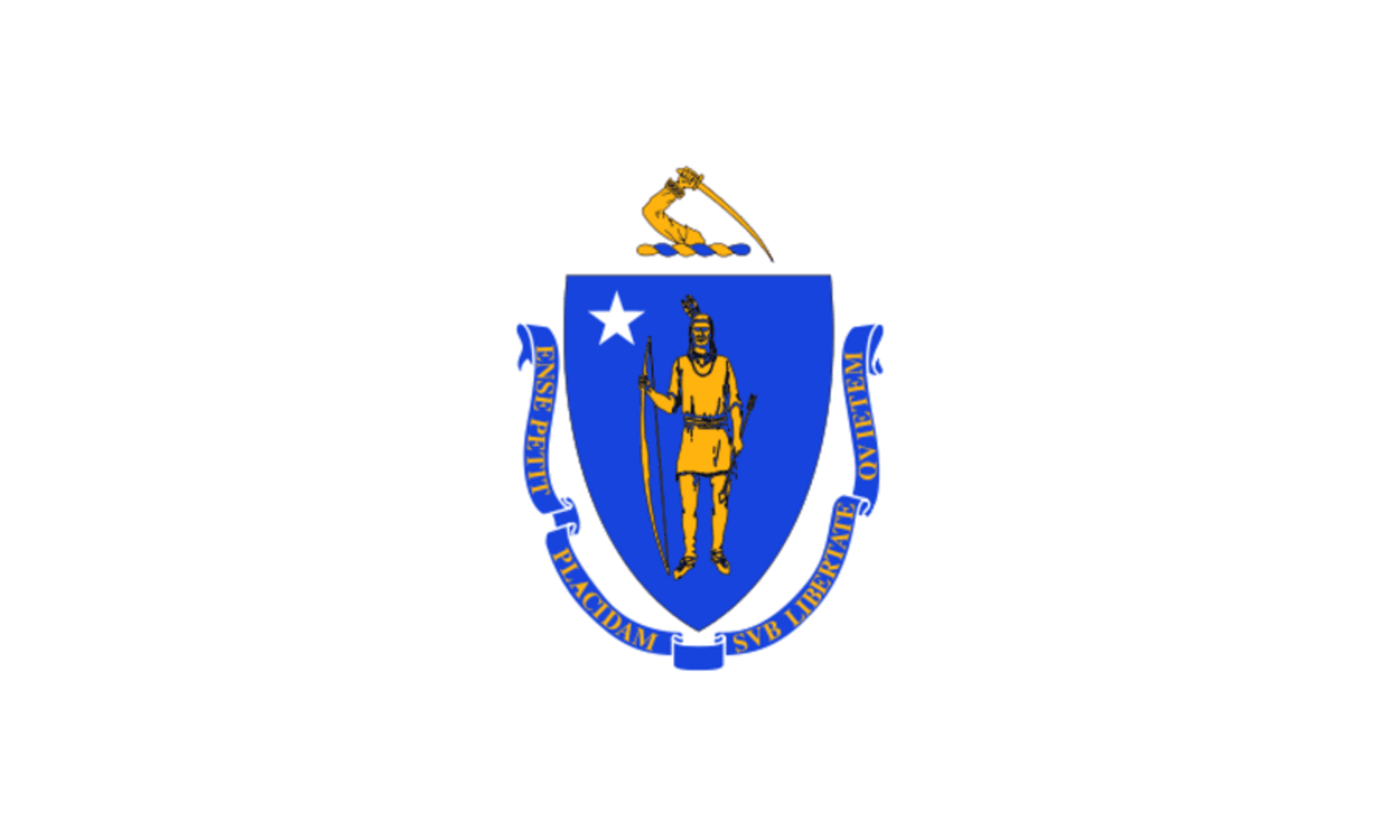
In Massachusetts, the initiative filing deadline for the 2026 ballot was Aug. 6. Initiative sponsors filed 47 measures (42 initiated state statutes and five initiated constitutional amendments) by the deadline. The 42 initiated state statutes could be placed on the 2026 ballot. Constitutional amendments require a longer approval process, meaning the five initiated constitutional amendments…

